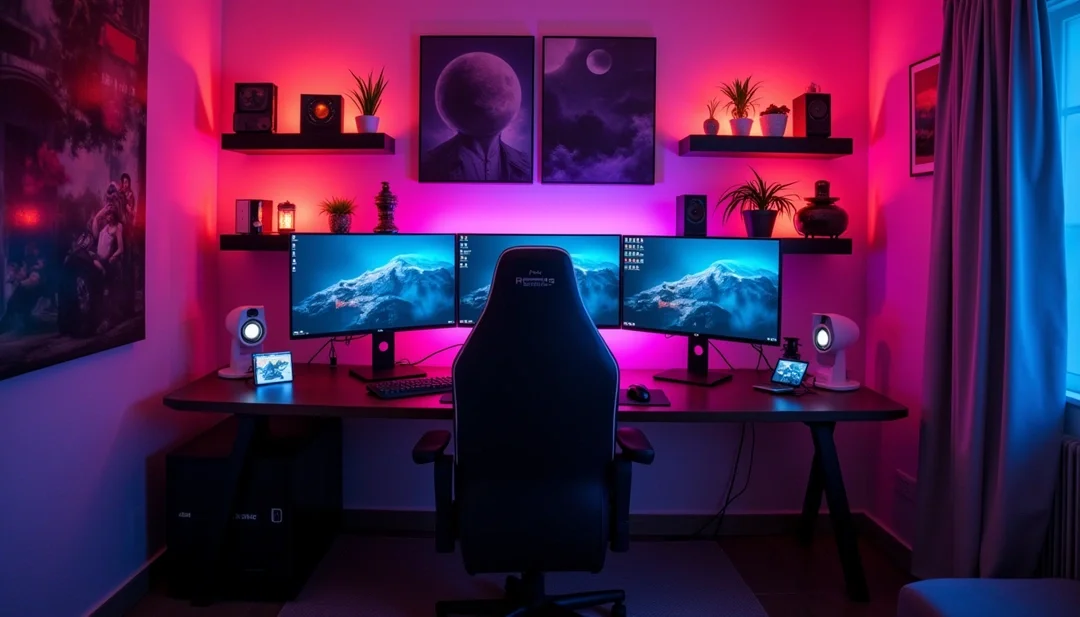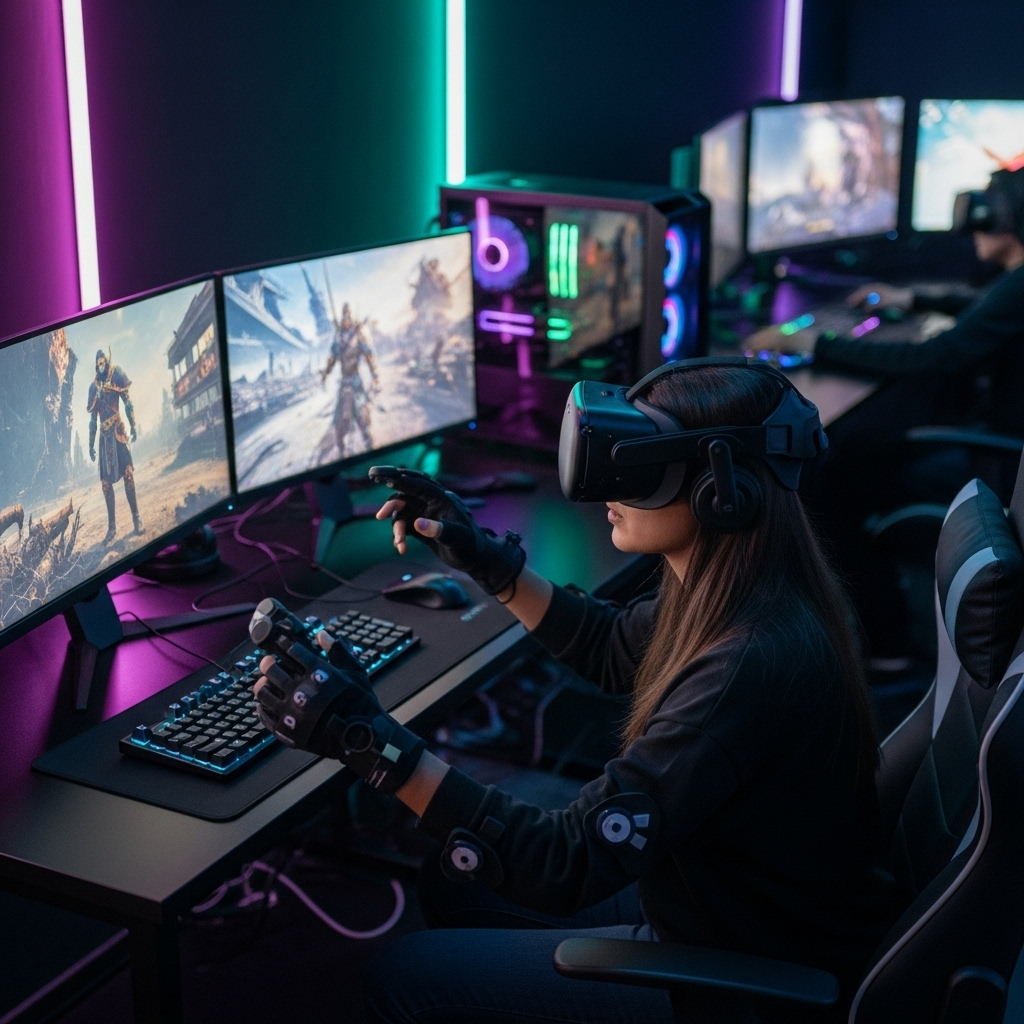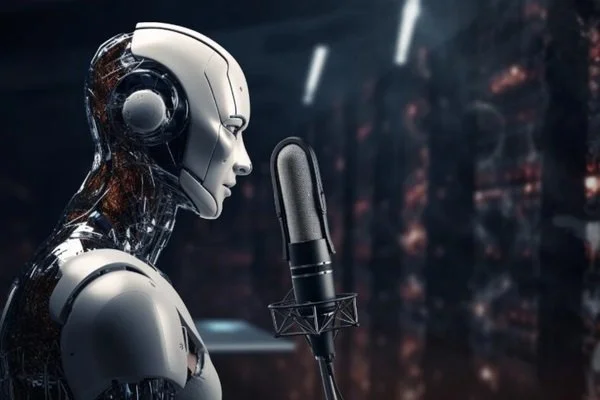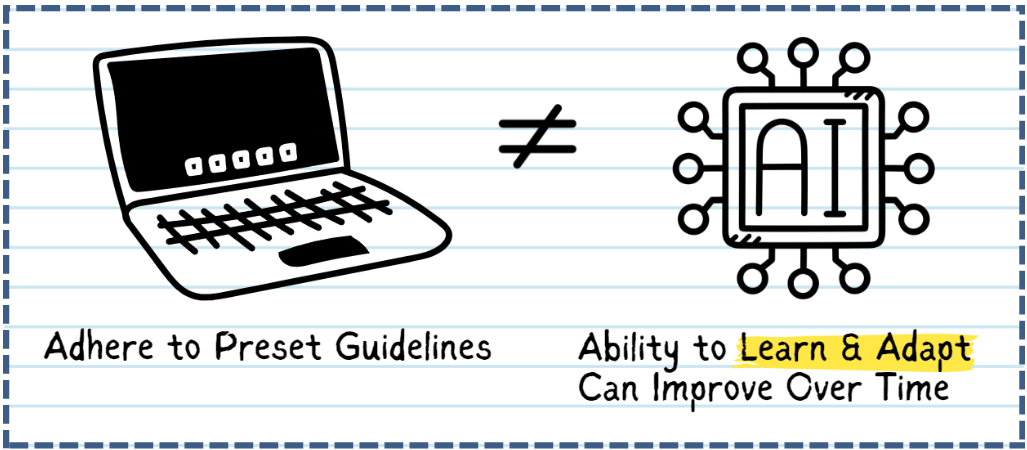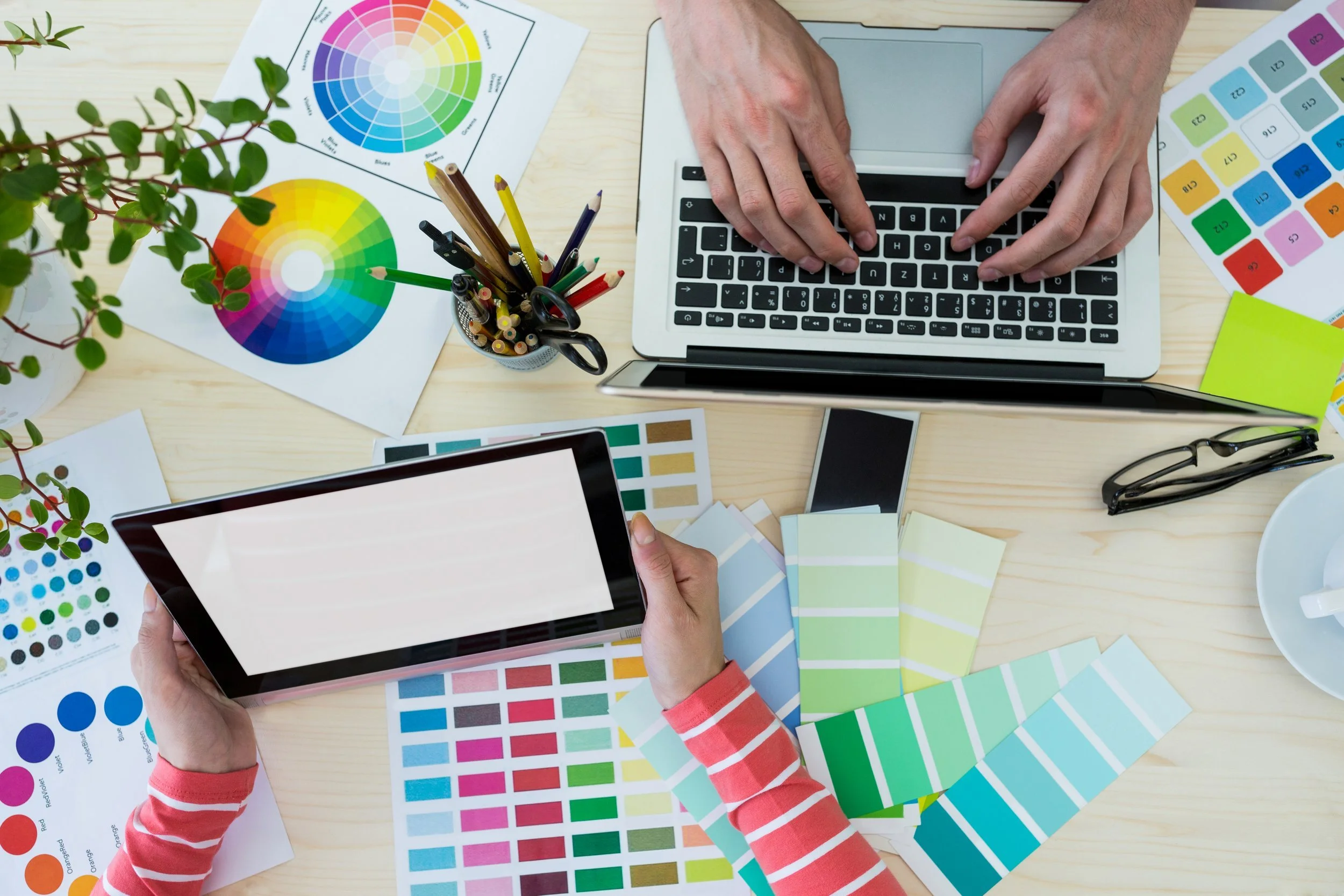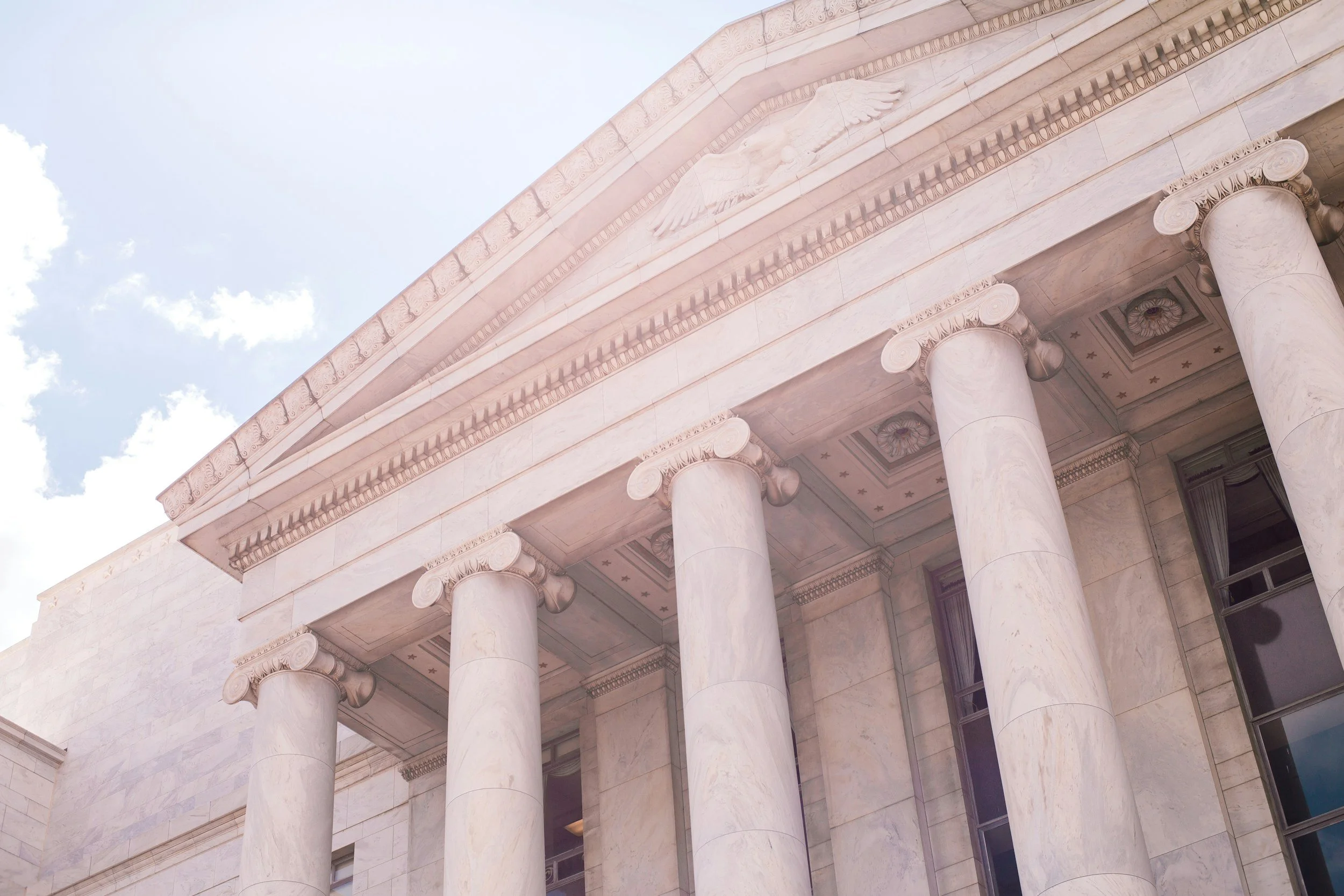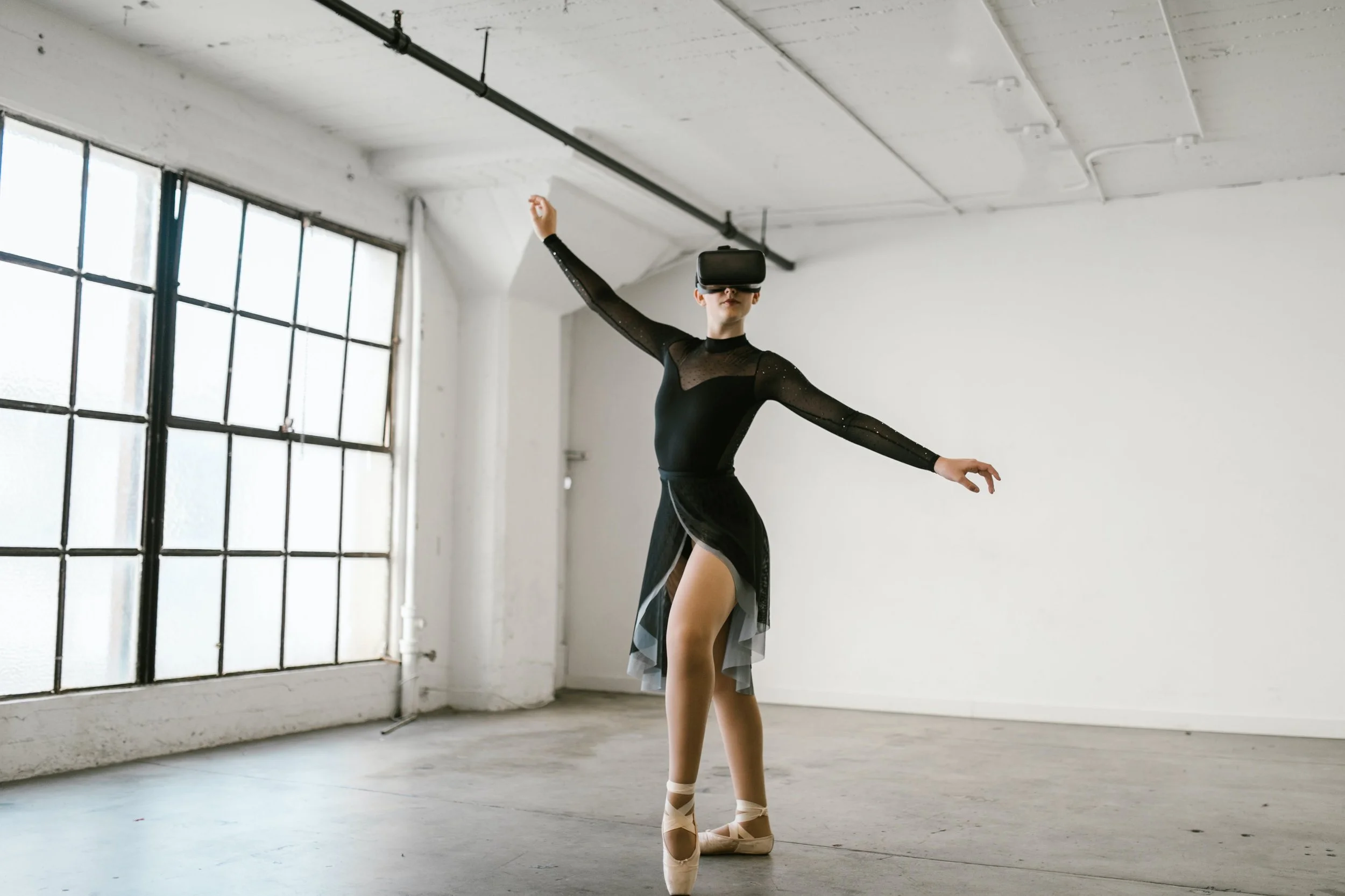This article investigates how artificial intelligence aids in the preservation of traditional music, using the Chinese Harp (Konghou) as a key example. It explores the technology's opportunities and challenges through an examination of existing models like Folk RNN for Irish music and MusicMamba for Chinese traditional music
AI-Driven Dubbing: A New Frontier for Voices in the Audiovisual Industry
What is the world if not a collection of stories? And, what is a globalized world without the capacity to share those stories across cultures, borders, and languages? Dubbing has long served as a bridge between screens and diverse audiences. However, as with every technological shift, we now find ourselves entering a new era: artificial intelligence. What challenges does this emerging paradigm present to the entertainment industry with regards to dubbing?
AI Integration and Barriers in Education
Educators are grappling with the challenge of integrating AI into classrooms, fearing that these systems might replace traditional learning methods rather than enhance them. This brings us to the question: what barriers prevent educators from implementing artificial intelligence into their curriculum, and how can they be addressed?
New Year, New Media - January News
January ushered in a new year with sweeping disruptions in media, journalism, and public humanities. Technology-driven partnerships, staff cuts, and mergers have redefined the online media landscape kicking-off 2025, calling into question journalism’s position in an age of generative AI. Read the highlights below.
All the World’s a Stage and the Technology Merely a Player
More than 400 years after Shakespeare’s death, his works remain essential to theatre as we know it. Now, emerging technology is changing the way we interact it. From extended reality to artificial intelligence, audiences can now immerse themselves in performances and extract meaning from texts in ways never seen before.
Your 2024 Favorite Reads
Artificial Intelligence’s Involvement in the Human Creative Process
As AI continues to integrate into our everyday lives, how does it impact our creativity? Many researchers and scholars agree that the technology may promote significant opportunities in this space. By introducing novel ideas and opportunities to users, it may be most effective as a tool to augment, rather than replace, human creativity.
Envisioning the Future of Museum Accessibility Through Artificial Intelligence
With AI’s ability to automatically produce content and process complicated datasets with high accuracy, museums worldwide are exploring ways in which this innovative technology can help them better achieve their missions and advance accessibility efforts. Through case studies, learn about three applications of this technology: content digitalization, language accessibility, and visual description.
October News: New Policies and Possibilities for AI
Part II: Stakeholder Interests in the Future of AI and Entertainment
How will AI-generated content transform the entertainment industry? And what are the impacts on employment, content development, budgets, contracts, legislation, and privacy rights? Part II of this research by Heinz College Master of Entertainment Industry Management students provides an in-depth analysis of survey and interview data from entertainment lawyers, educators, and other industry professionals.
Part I: A New Era of AI in the Entertainment Industry
As exemplified by the Hollywood strikes of 2023, we find ourselves in a new era of Artificial Intelligence in film and television. While studios are looking to cut costs, performers seek job security, and consumers seek quality content. Through research conducted in collaboration with facial motion capture technology provider Faceware Technologies Inc., Master of Entertainment Industry Management students at Carnegie Mellon sought to gain insight on how AI-generated content will transform existing industries, including how this technology could affect employment in the entertainment industry, content development, budgets, contracts, legislation, and privacy rights.
September News: Next Gen AI to Social Media Courtroom Drama
September’s headlines saw a change in temperature to the arts and tech worlds. Brand new AI programs hit the scene, making strides in multimodal capabilities, problem solving, and even scheming. Court cases and government bans have spelled doom for some social media platforms while giving a significant boost to others. Meanwhile novel methods of engaging with arts in communities are being tested, from state-level prescriptions to turning entire neighborhoods into galleries.
Survey Results: Audiences and Generative AI and the Comic Book Industry
Studies focused on the “artistic” aspects of generative AI reveal negative bias, and a preference for human creations. None of these studies, however, account for the multimodality of comic books: text and image. Is a human-written story a mitigating factor for readers? Is it feasible for writers to become “AI comic book artists" or will consumers drive AI imagery out of the market altogether? Given the multitude of information making it difficult to discern how comic book consumers perceive AI imagery, the following provides first-person research by generating an AI comic and conducting a survey on unsuspecting comic book customers.
June News: Artists Take a Stand on AI
This month, it’s hard to find a headline that doesn’t mention “AI.” For artists and arts managers, it can now be integrated in every aspect of our work - from creation, to promotion, and general administration. Even your iPhone may soon have AI features integrating messages, calendar, photos, and other personal content. In both music and visual spaces, artists are finding ways to push back on unethical use – while some take legal action, others call for change through the spaces they share their work.
May News: AI, Misinformation, and Cybersecurity
Once again, AI continues to be front of mind this month. While companies expand AI functionality, artists call for protection of their likeness, and consumers call for accurate information. Meanwhile, cyberattacks evolve, and arts enterprises with high profile clients are challenged to respond. Looking at organizational workflow, popular tools like Canva are expanding to become a “one-stop shop” for design needs.
VR and the Evolving Role of Curators and Museum Professionals
In recent years, virtual reality (VR) has emerged as an engaging tool for museums, offering visitors immersive and interactive experiences that go beyond traditional exhibits. However, while VR promises enriched engagement, museum professionals still face multifaceted challenges. So far, most of the research conducted has focused on how museums utilize VR to attract more visitors and, as a result, raise their revenue. But VR is not only about that. Museum professionals and curators face multiple challenges that include integrating technology, curating content, and maintaining the authenticity and educational value of exhibits while meeting the demands of modern-day audiences.
AI and Art Auctions
Although art auctioning is a long-established and time-honoring form of trading, the method and fashion of art auctioning are also challenged and transformed to reflect the needs and trends of each era. In this technology-driven era, specifically in the age of AI, in which all fields of profession and markets are being affected, the world of art auctions is also being transformed at a rapid speed.
December News: AI, Art & Pop Culture
As 2023 comes to a close, Artificial Intelligence remains front of mind as tech giants continue to develop more powerful language models. The rapid development comes with growing concern for privacy and energy consumption. Meanwhile, arts organizations use technology to stay on top of trends - bringing popular culture into museums or adjusting to changing voice in social media. And, as the year comes to a close, the Arts Management and Technology Laboratory is taking a break for the next couple of weeks. Check back January 1 for new content, follow us on socials, or rewind to some of your favorite 2023 articles and podcasts.
In What Ways is AI Disrupting the Dance Industry?
AI as a Support for Curatorial Practice in Museums
The merging of artificial intelligence (AI), big data, and human cognitive systems has catalyzed a profound digital transformation of our lifestyles and production methods. This shift is particularly noticeable in the art field, where the integration of AI has sparked innovative ideas and prompted new assessments of traditional practices. Art museums are investigating the potential of AI in collection management, improving visitor experiences, and ticketing attendance data. Of these, the field of art curation is one that is undergoing an evolution.


